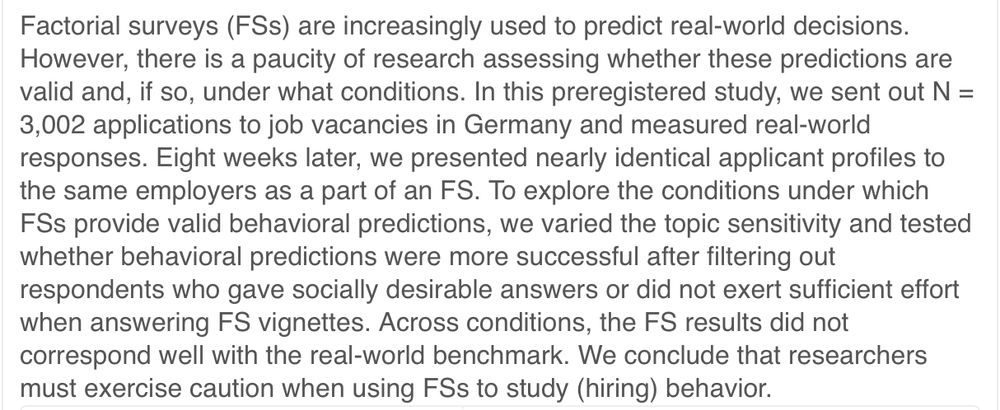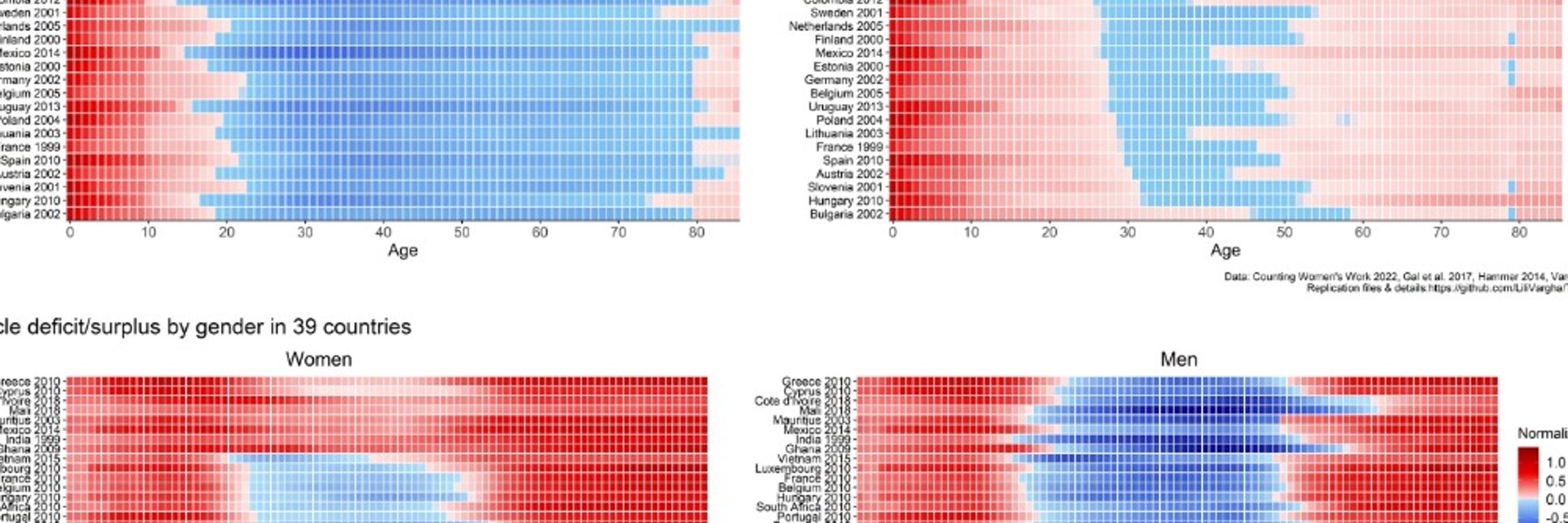
We have worked on this study since the early days of my PhD, and I am so happy to see it published! Some changes are impressive: among the 1980s cohort, the probability of not being parent by age 35 is 44% among men and 26% among women (all over EU). ⤵️ www.demographic-research.org/articles/vol...
I'll attend w/ members of #TiU University Council. This is a systematic disinvestment in higher edu, with no defendable goals, undermining the quality of 🇳🇱 edu & research. If you work in higher edu, (plan to) study or have kids who may study past high school: You must be there too.
Mark your calendar: 14 November = protest march against the catastrophic austerity plans for higher education in the Netherlands. woinactie.blogspot.com/2024/09/save...

WOinActie is een beweging van studenten en medewerkers en maakt zich sterk voor de universiteit en haar toekomst.
New Publication with @neugebauer.bsky.social in Sociological Science! Factorial surveys are widely used to predict real-world decisions, but are they valid? Our results raise concerns when it comes to predicting real-world decisions from factorial survey responses (1)
New preprint! osf.io/preprints/ps... The age-period-cohort problem is something that many researchers are vaguely aware of. There have been very cool advances in how to reason about it which don't seem to be well-known in psych. So, I've written a primer!
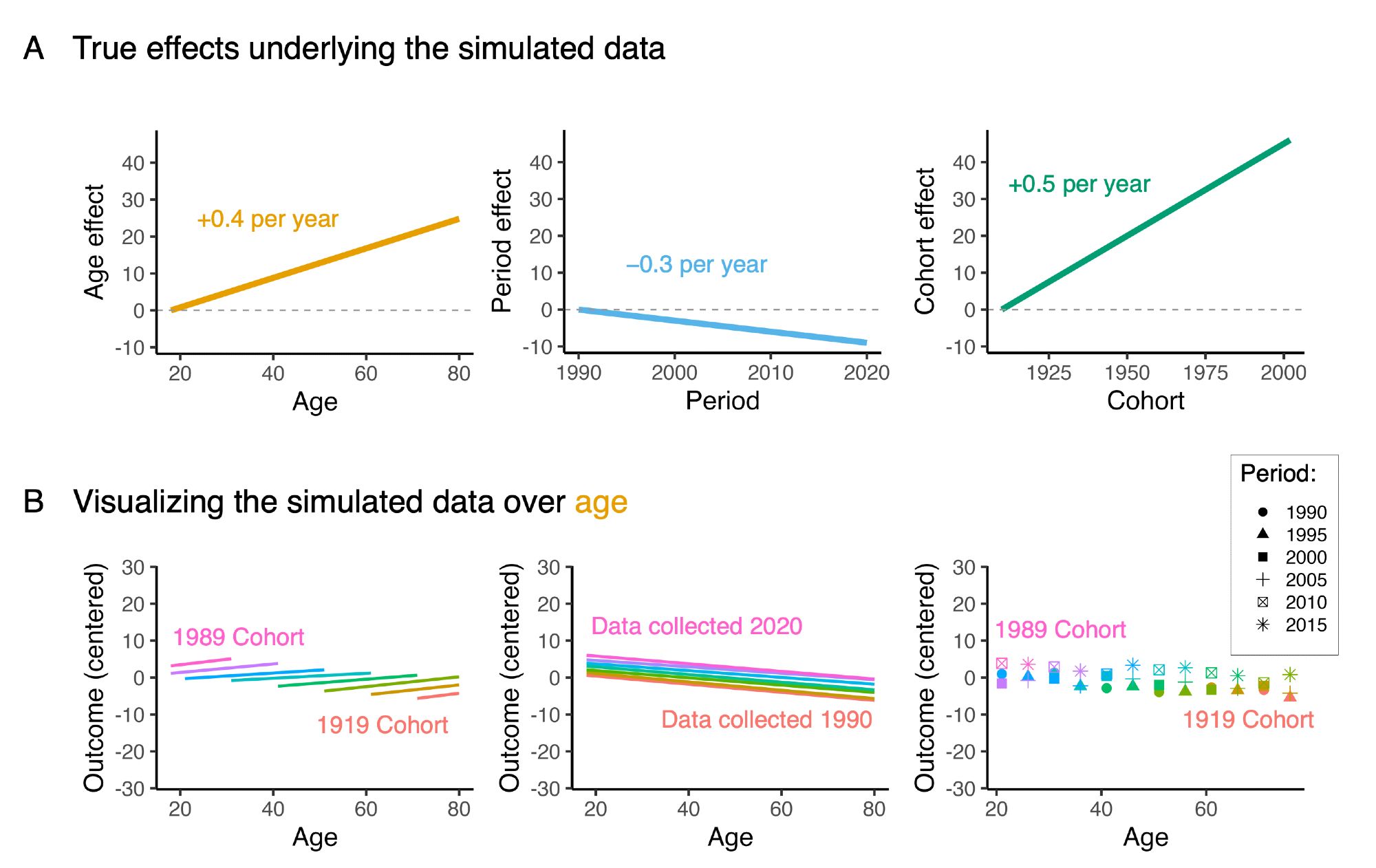
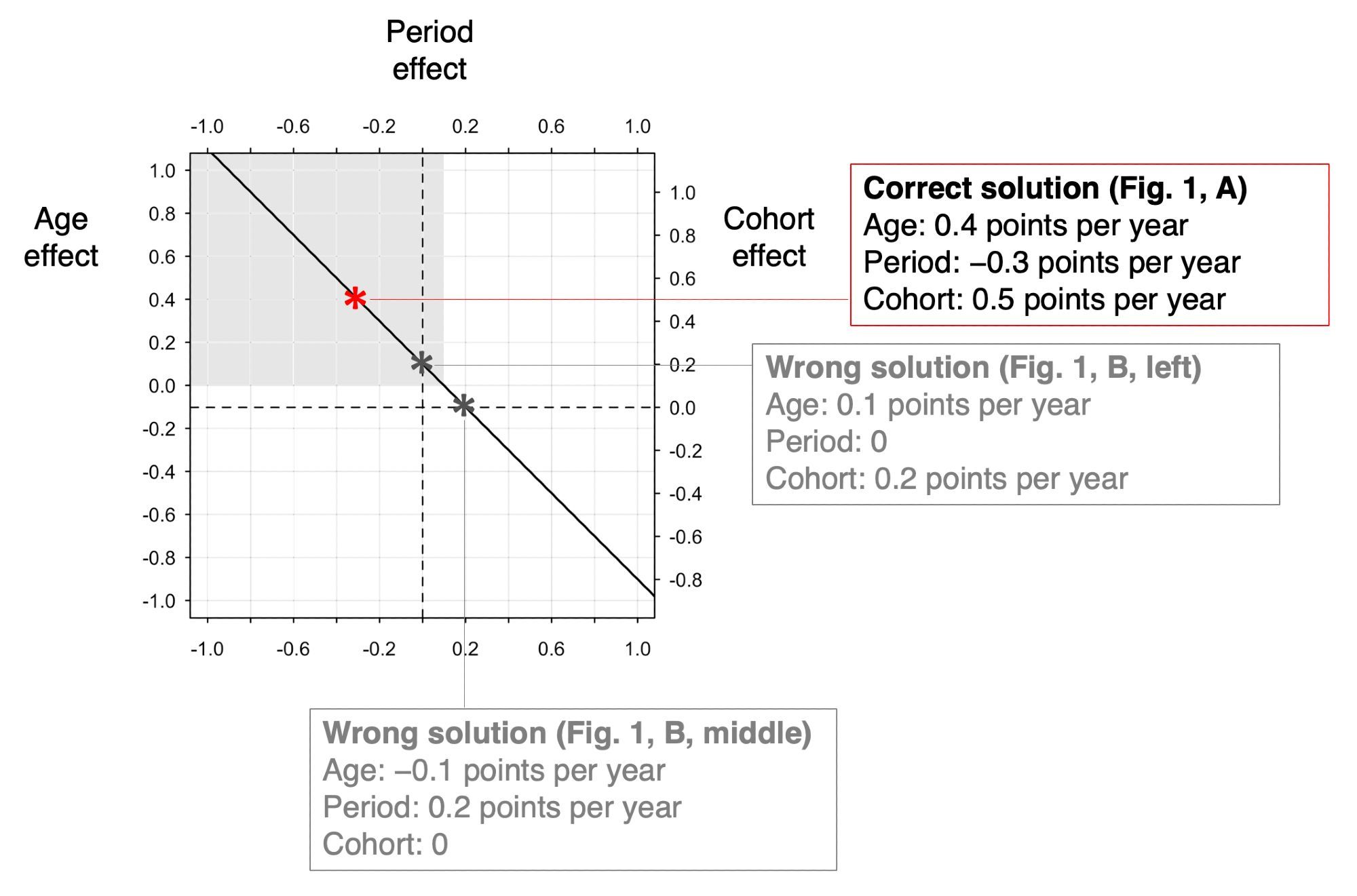
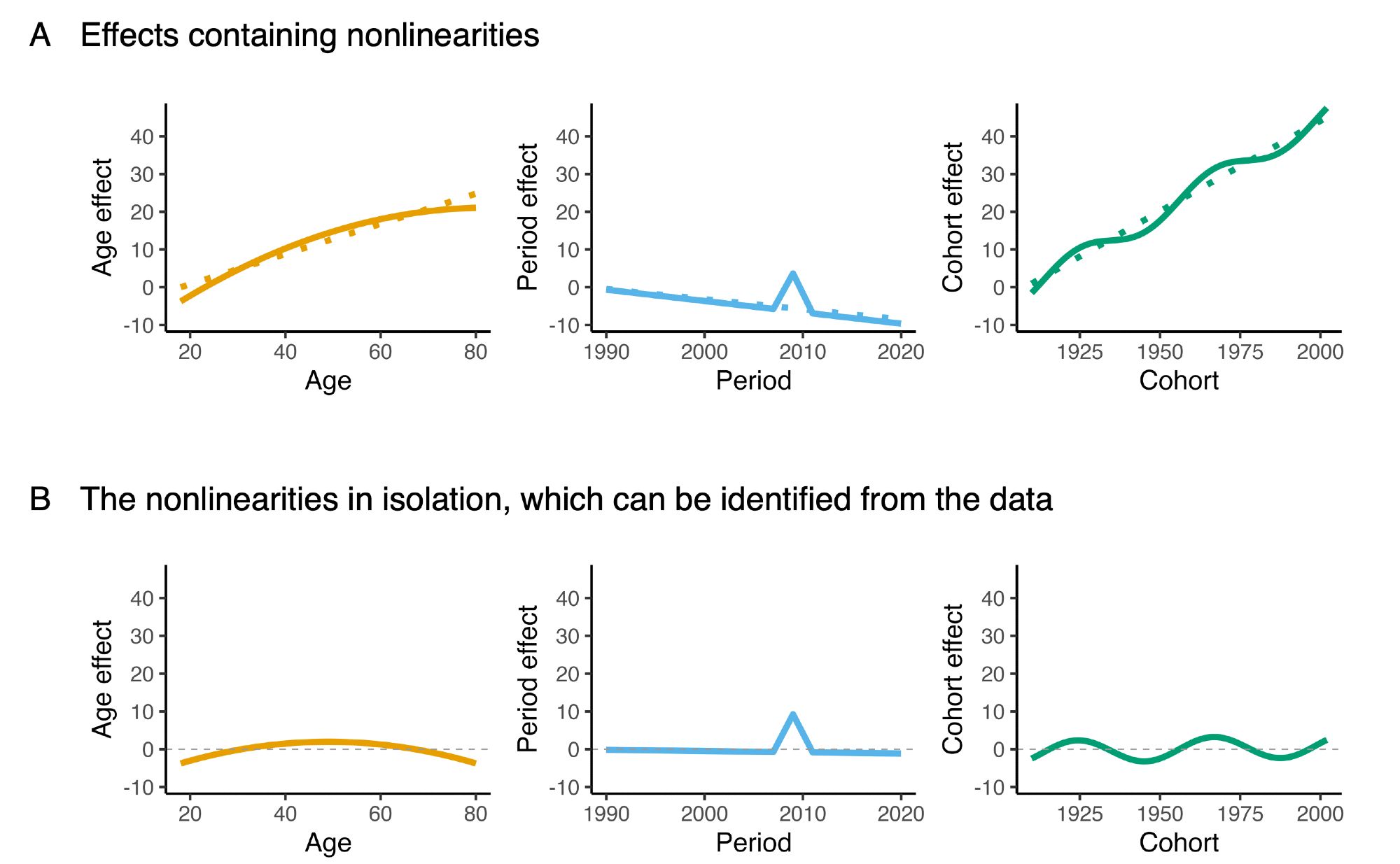
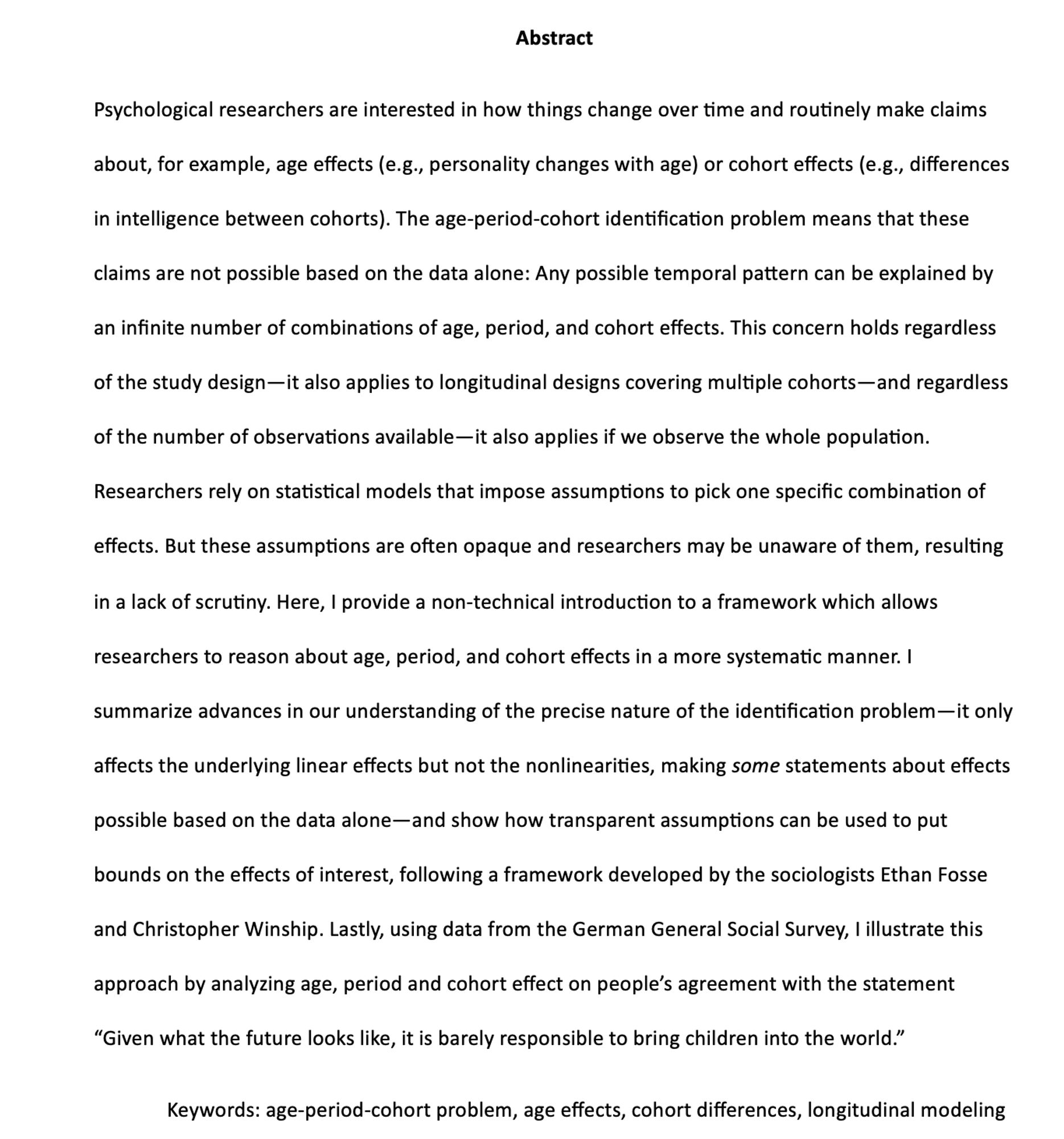
If you are interested in why many-analyst studies may overestimate uncertainty, you might want to take a look at our recent open access article: Toward a more credible assessment of the credibility of science by many-analyst studies | PNAS www.pnas.org/doi/10.1073/...
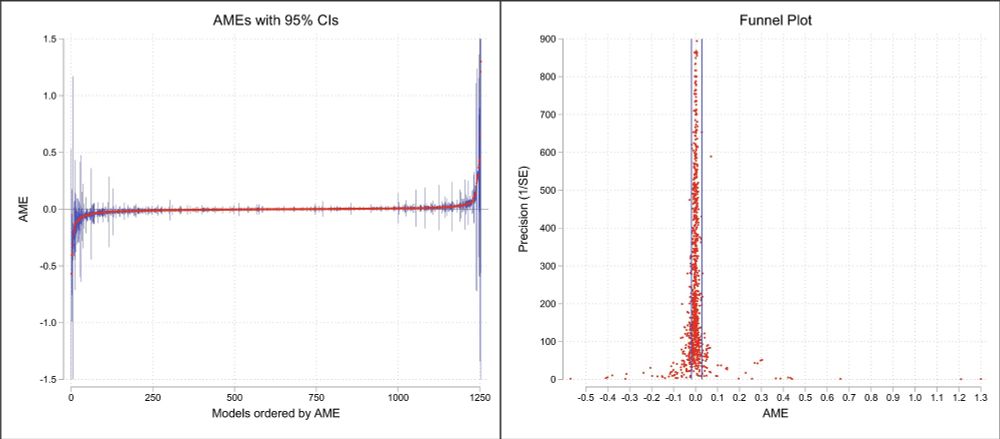
We discuss a relatively new meta-scientific research design: many-analyst studies that attempt to assess the replicability and credibility of resea...
In “Changes in Family Structure & Increasing Gaps in Care,” Huijing Wu, Rachel Margolis, Ashton Verdery & @spattersearch.bsky.socialread.dukeupress.edu/demography/a...

We’re excited to announce our new Replication Policy at ESR, resulting from our continued commitment to excellence in research. From 1st Jan. 2025, the deposit of replication packages will be condition for publication in ESR! Find out more at: academic.oup.com/esr/pages/General_Instructions

Submission of Papers The European Sociological Review publishes original research articles in all fields of Sociology. Submissions should usually be around 8,0
The construction of the metro should end in some years, but luckily the tunnels are already drilled.
New job, new view from the office: happy to start a new Postdoc position (Lecturer and Researcher) at the University of Vienna, Institute of Sociology.


